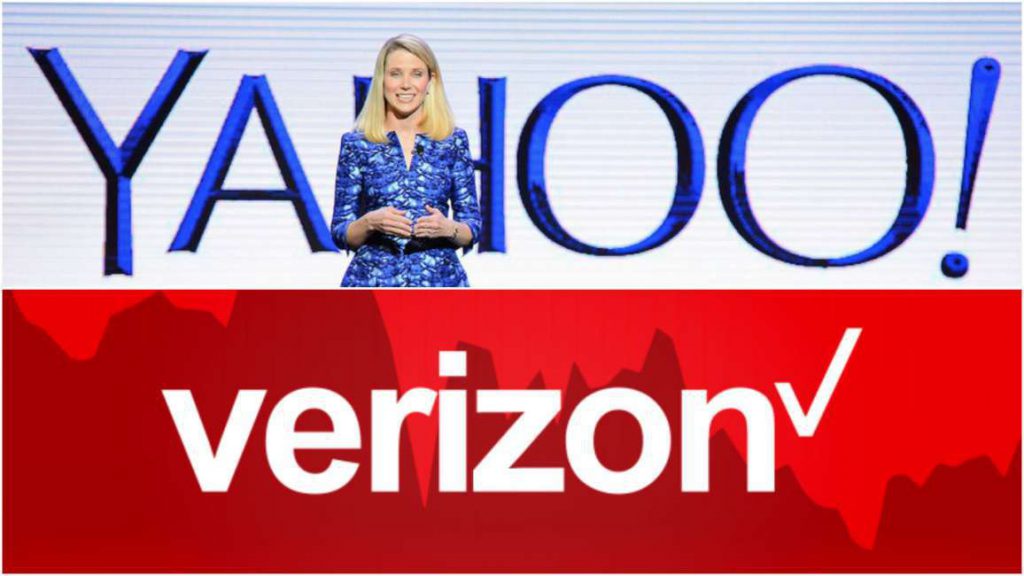It’s the end of an era for Yahoo, the first website many people ever saw as they ventured online in the early days of the internet. This brave new world was vast and inscruitable, but the friendly, welcoming purple of Yahoo’s homepage welcomed many into the fold.
Once worth a staggering almost £95bn, the company was sold this week to US mobile network Verizon, for only £3.7bn – but that’s still an impressive amount for a company who’s name is practically synonymous with online falling from grace. Yahoo have been haemorrhaging money for some time – more than £300 million in the last quarter – and it has long been clear that despite their initial role in opening the doors to the web, others now do their job much better, and make more money from it.
For Verizon, however, Yahoo’s huge flow of people – more than a billion a month through their various web properties – is its main draw. They are expected to merge Yahoo with AOL, which they bought last year for £3.3 billion, to “create a massive content network of well-respected web properties.” These sites include the Huffington Post, TechCrunch, Tumblr, Engadget, and Yahoo Finance, and will now all deliver advertising for Verizon, targeted with far more precision given Verizon’s information on their mobile customers.
Verizon are said to be aiming to compete with Google and Facebook, who are of course far ahead where market domination of online advertising is concerned. This industry is large enough, however, that even third place in that race would be an incredibly lucrative position to be in.
Yahoo alone doesn’t have the user data to target their advertising, and their last-ditch attempt to boost revenue by purchasing sites such as Tumblr, and attempting to become a news organisation in their own right simply never hit the level of success they hoped for. It is not known whether Verizon will continue to trade under the name Yahoo or not.



